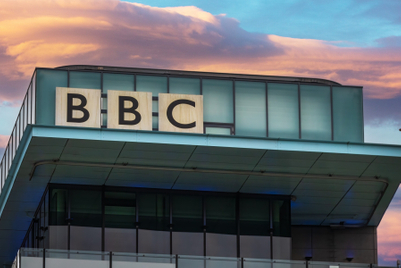
As part of a global rollout, Dailymotion has relaunched its platform in the APAC region.
The video discovery and exploration platform has positioned the relaunch around providing personalised experiences to its 300 million monthly visitors, of which 25% hail from the APAC region.
With relaunch partners including Bloomberg Media, BBC News, Vice, Hearst Magazines Digital Media, and a dozen more, the change is meant to help creators connect with contextually relevant audiences while raising the bar on brand safety.
"One of our new features includes an evolved recommendation tool, which highlights premium videos relevant to each user," said Antoine Nazaret, VP of content for the APAC at Dailymotion. "This tool is based on new in-house algorithms that are fed with trending topics on the web and users’ video consumption."
In APAC, the top three categories of content consumed on Dailymotion are entertainment, music, and news.
Combining algorithms with human curation, Dailymotion's users will be pushed to "discover" a daily selection of videos that have been handpicked by dedicated content teams.
Advertisers and agencies
Serving site visitors, publishers, and advertisers, the revamp aims to focus on premium content, offering interest-based content recommendations.
"For publishers and leading media groups, the newly revamped Dailymotion serves as a platform that showcases and puts the spotlight on their content," said Nazaret. "It enables them to connect with our audience, which publishers might not necessarily reach with their own platforms."
With this in mind, Dailymotion wants advertisers to know it will work to connect brands with site visitors through content both parties trust and through a streamlined experience.
Campaign view
The change comes at a time when YouTube's policy changes to address brand-safety concerns raised by advertisers have alienated some creators, particularly those involved in politics and adult humour.
YouTube's slow and often indifferent response to the plight of small- and medium-sized creators has led to widespread backlash from the creator community, fuelling the rise of platforms such as Twitch and Patreon among creators as alternative channels for revenue.


+(900+x+600+px)+(3).png&h=334&w=500&q=100&v=20250320&c=1)
+(900+x+600+px).jpg&h=334&w=500&q=100&v=20250320&c=1)
.jpg&h=334&w=500&q=100&v=20250320&c=1)



.jpg&h=334&w=500&q=100&v=20250320&c=1)






.jpg&h=268&w=401&q=100&v=20250320&c=1)



.jpg&h=268&w=401&q=100&v=20250320&c=1)